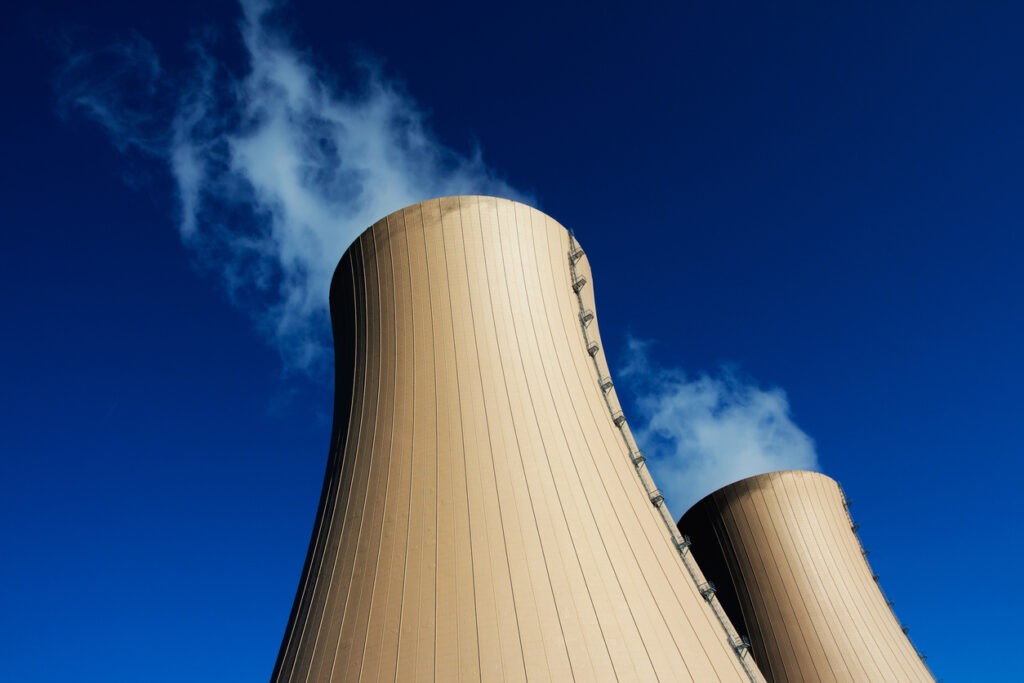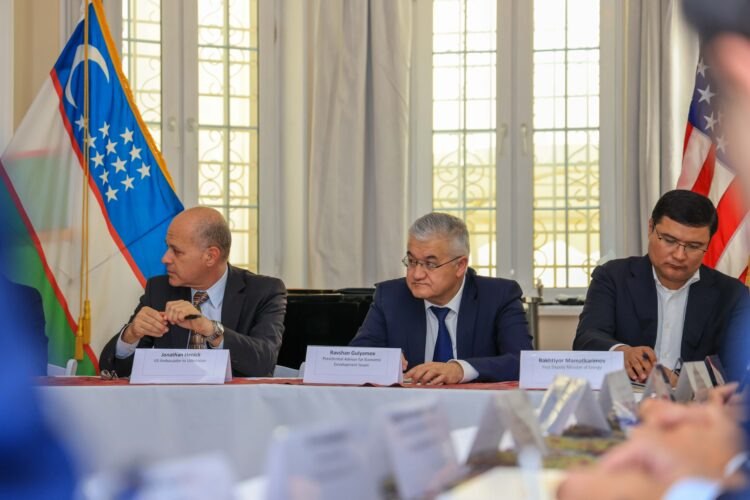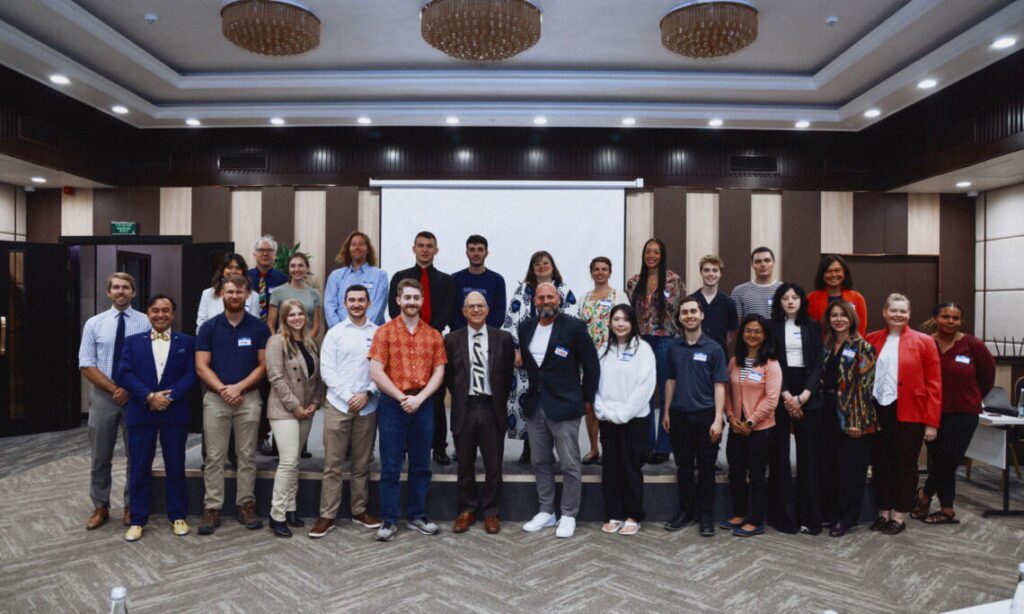The U.S. Embassy in Uzbekistan reports that a joint project between GasGreen Asia LLC, a subsidiary of Maryland-based Climate Compass, and Uzbekistan’s national gas distribution company, Hududgazta’minot JSC, has been engaged in detecting and repairing natural gas leaks within the country’s national gas distribution system. This project contributes to the country’s green economy transition and commitments under the Global Methane Pledge. Climate Compass, LLC is a world leader in providing logistical and technical services for greenhouse gas emissions reduction projects. A Korean carbon finance company, Ecoeye Co., Ltd., is the principal investor of the project, which began in March 2023. Since the project’s inception, over 50,000 individual methane leaks have been identified, measured, and repaired, reducing over seven million tons of carbon dioxide equivalent emissions per year. The project has created more than 200 local jobs, including engineers, data specialists, and project managers, who received intensive training from American technical experts. The repairs have generated tens of millions of dollars in savings for Hududgazta’minot by preventing gas losses and contributing to significant environmental benefits. At the September 24 event highlighting the project’s significant achievements, U.S. Ambassador to Uzbekistan Jonathan Henick said: “The United States welcomes Uzbekistan’s commitment to a broad-based transition to a green economy. This project supports Uzbekistan’s efforts to attract foreign direct investment while reducing greenhouse gas emissions.” According to Henick, the United States strongly supported Uzbekistan’s decision to join the Global Methane Pledge in 2022, an initiative to reduce methane emissions worldwide. Methane reduction is critical to Uzbekistan’s efforts to meet its nationally determined contributions under the Paris Agreement on Climate Change. According to the United Nations Environment Program, methane emissions have accounted for approximately 30 percent of global warming and are an increasingly growing challenge. According to the “Methane in Central Asia: Emissions, Trends, Actions” report, Uzbekistan’s annual greenhouse gas (GHG) emissions remained largely stable and declined slightly over the past 15 years, ranging between 180 and 200 million tons of CO2-equivalent or 5 tons per person. The report says the country’s energy sector is responsible for 75–80 percent of GHG emissions, including 50 percent from fuel combustion and 25–30 percent from methane leaks in the coal, oil, and gas sectors, the equivalent of 50 million tons of CO2. Uzbekistan has successfully decoupled GHG emissions from economic growth and intends to reduce the specific GHG emissions per GDP by 35 percent by 2030 compared to the 2010 level.






